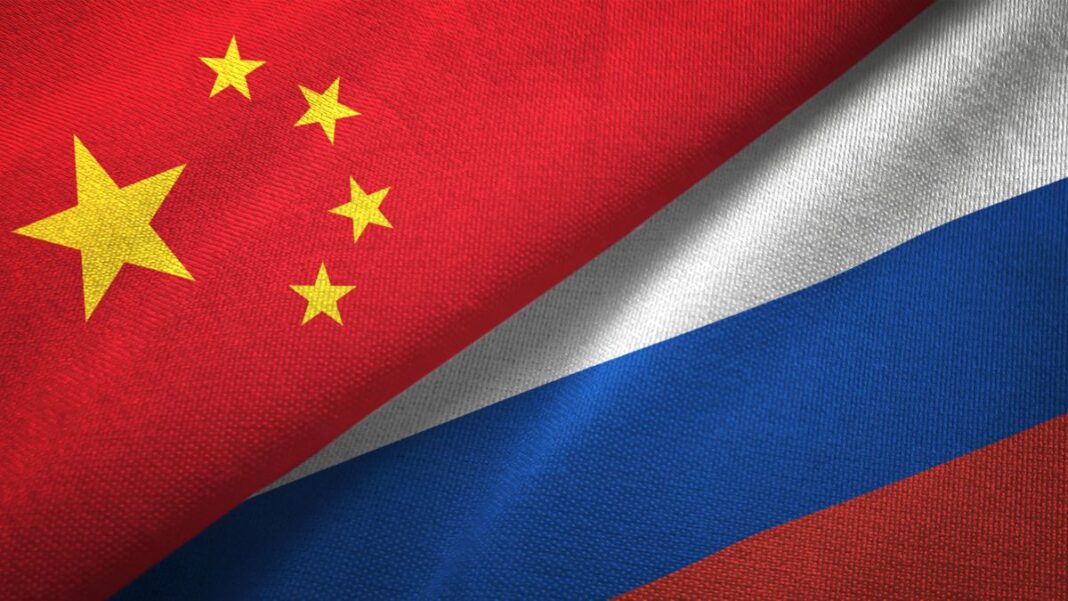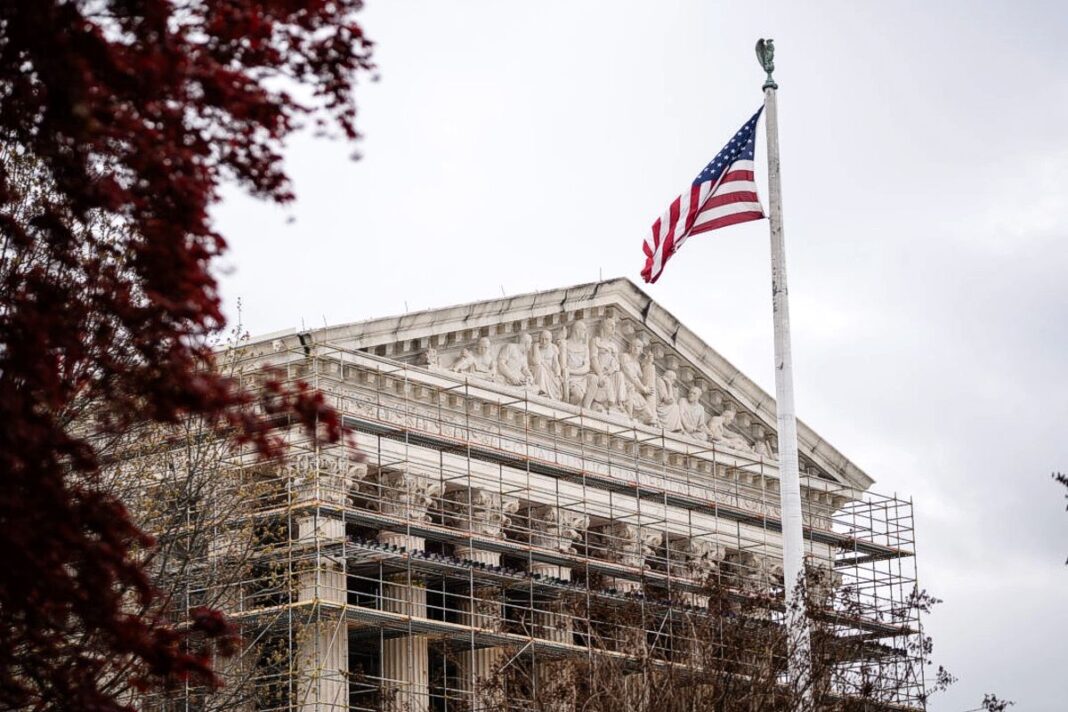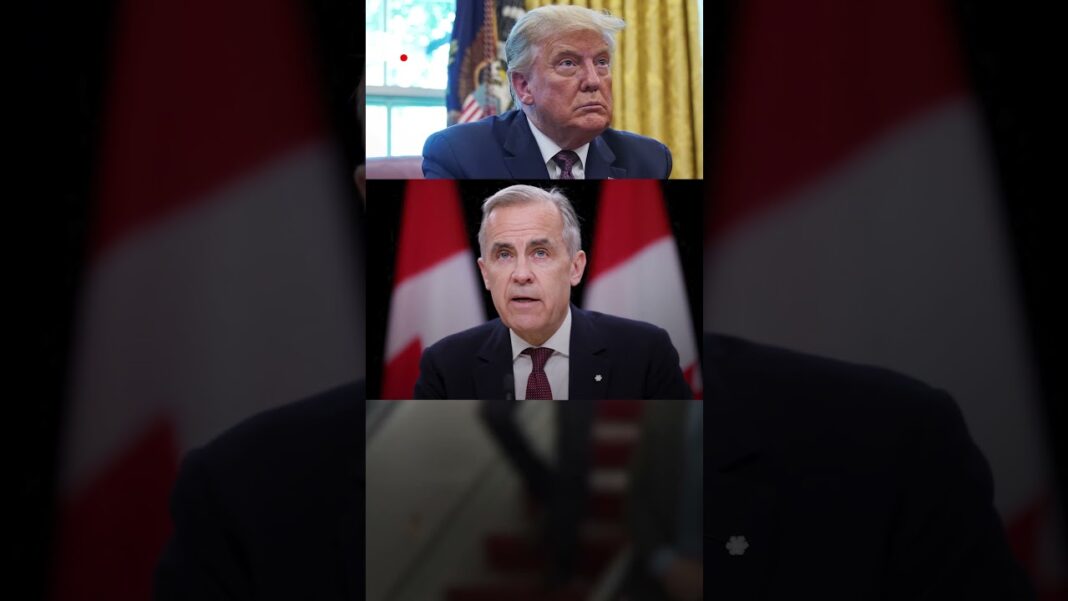Chinese President Xi Jinping’s visit to Moscow from 7-10 May is officially meant to commemorate the 80th anniversary of the end of World War II in Europe, with the highlight being his attendance at Friday’s parade on Red Square. The Kremlin’s announcement also mentioned that he’ll hold talks with Putin on a range of issues and sign a number of intergovernmental agreements so there might be more substance to it than just that. The context in which these talks are taking place suggests that they’ll be significant.
For starters, Zelensky implicitly threatened that Ukraine might attack Friday’s parade, which elicited no public reaction from Trump despite him sounding off on all other issues so it can thus be interpreted as tacit approval on his part. Xi is therefore taking a very real personal risk by attending but is also displaying his faith in the Russian Armed Forces that are tasked with protecting him and the other guests. These interconnected gestures will surely be appreciated by Putin and all Russian policymakers.
Moving on, the US-mediated peace process between Russia and Ukraine has hit an impasse, one that’s made all the worse by Trump speculating that Putin might just be “tapping [him] along”. China can’t realistically replace the US’ role if the latter withdraws since it lacks influence over Ukraine, but Xi will assumedly expect a detailed briefing from Putin about what’s recently gone wrong and why. That could in turn lead to the next part of their talks about what Russia plans to do if the peace process collapses.
Other than keeping up the military pace like it’s been this whole time, Russia might expand its ground campaign into Ukrainian regions that aren’t (yet?) claimed by Moscow. In parallel with that, Trump’s creeping military involvement in the conflict might lead to him “escalating to de-escalate”, whether in the aforesaid scenario or simply as punishment for the talks collapsing if he blames Putin. Putin might thus request military aid from Xi or at least a pledge not to comply with any more secondary sanctions.
China has yet to send military aid to Russia and already informally complies with some sanctions because Xi doesn’t want to provoke the US. His calculations might have changed since the start of Trump’s global trade war, however, which is aimed at offsetting China’s superpower trajectory. If Xi believes that more economic and/or military pressure from the US is inevitable, then he might accede to Putin’s speculative requests, but only if the benefits outweigh the cost of speeding up the US’ aforesaid pressure campaign.
In exchange for what he requested, Putin could concede to Xi’s reported demand for bargain-basement gas prices for the stalled Power of Siberia 2 pipeline, offer similarly preferential terms for cooperation on other resource projects (including rare earths), and ramp up strategic military-technical cooperation. In a nutshell, Putin would have to abandon the nascent Russian–US “New Détente” that’s meant to bolster his country’s geostrategic balancing act, which would risk turning it into China’s “junior partner”.
The only scenario in which he’d seriously consider this is if peace talks collapse and the US “escalates to de-escalate”, which are credible possibilities given recent events, hence why he might hash out a grand deal with Xi during this week’s talks that would only enter into force if that happens. Accordingly, if Trump wants to prevent Russia from turbocharging China’s superpower trajectory, then he needs to coerce Ukraine into making more concessions to Russia for ending the conflict on better terms for Putin.








